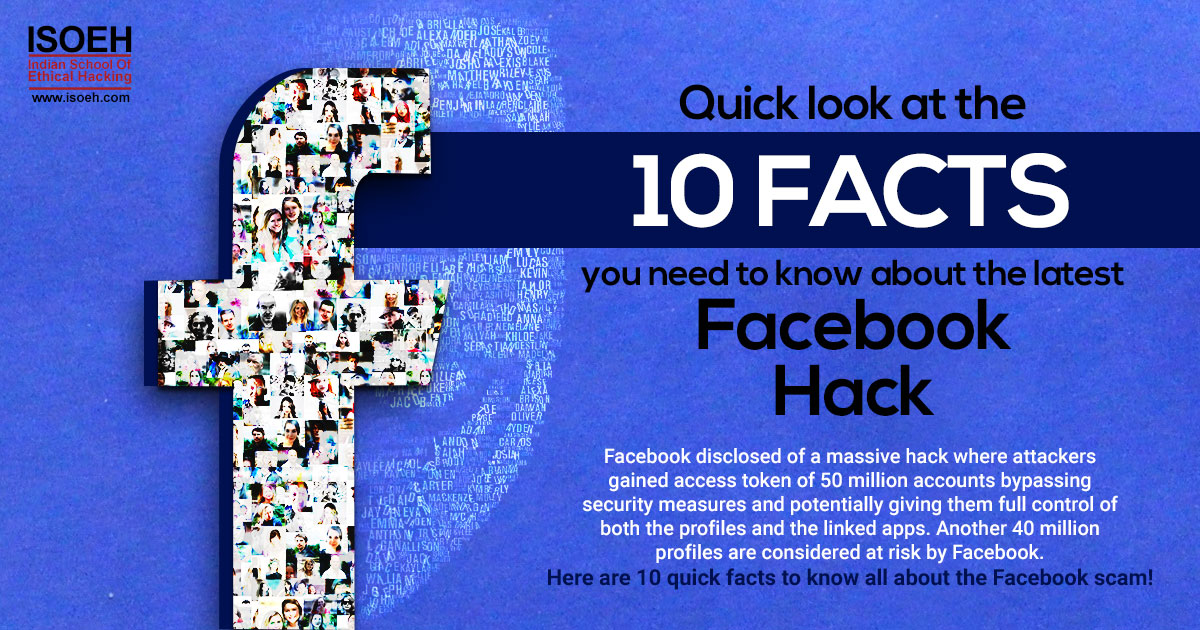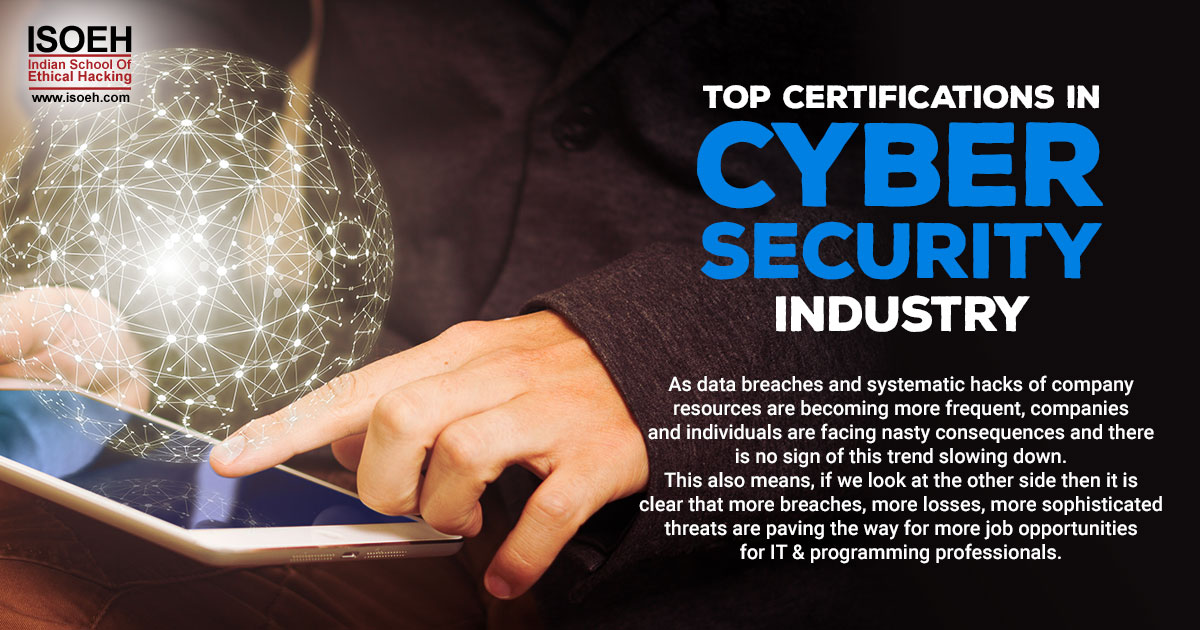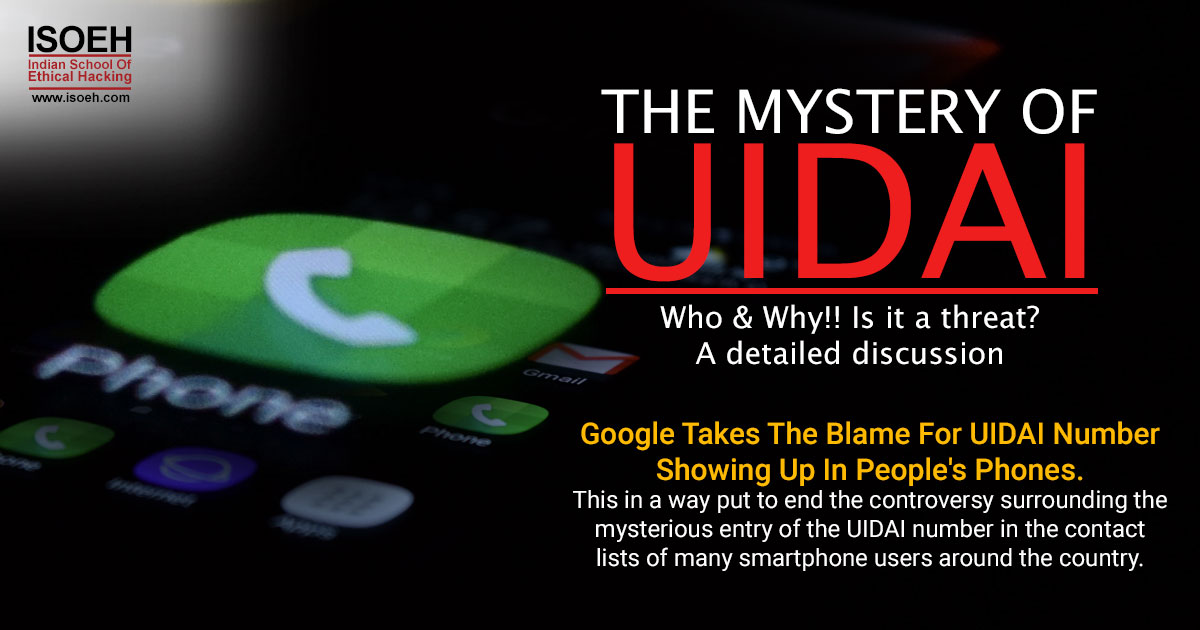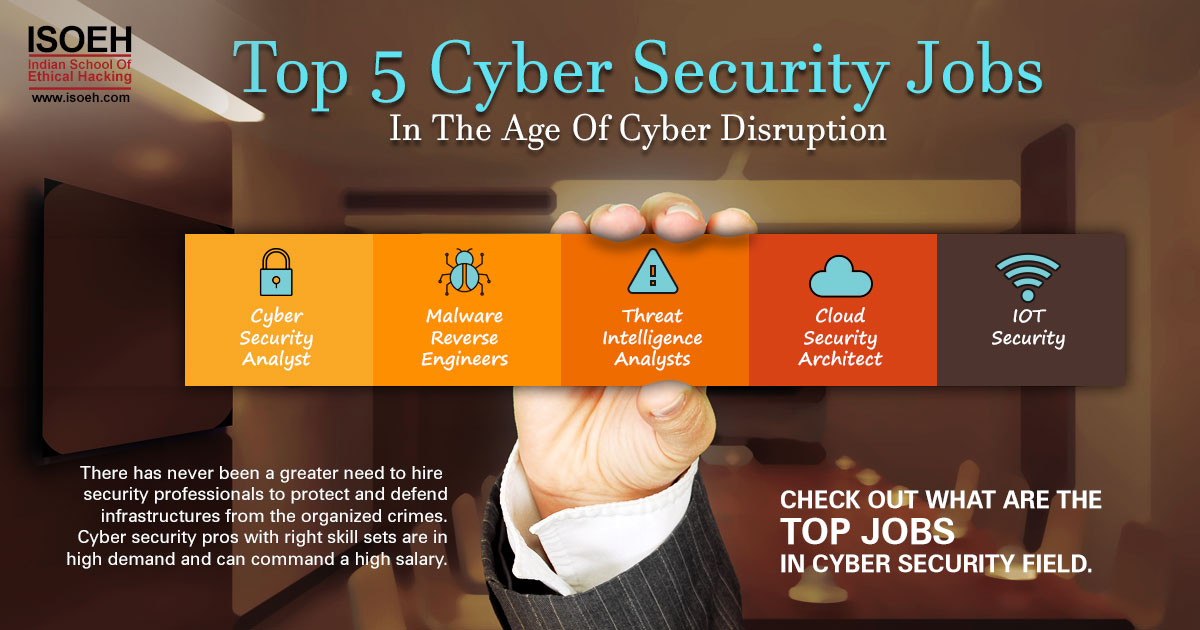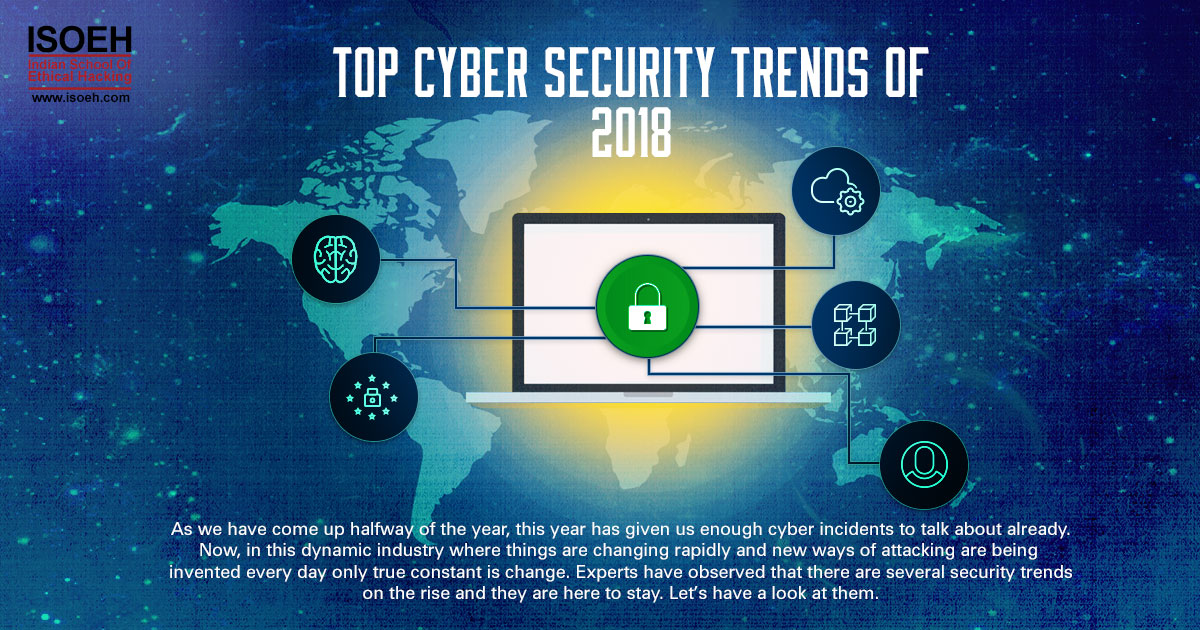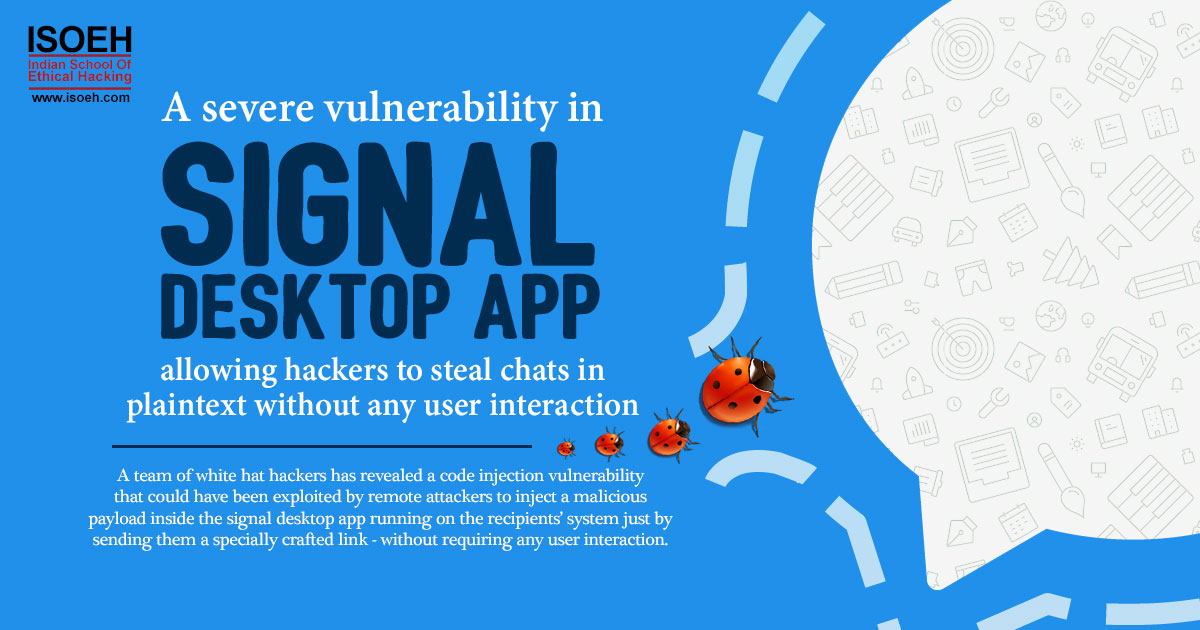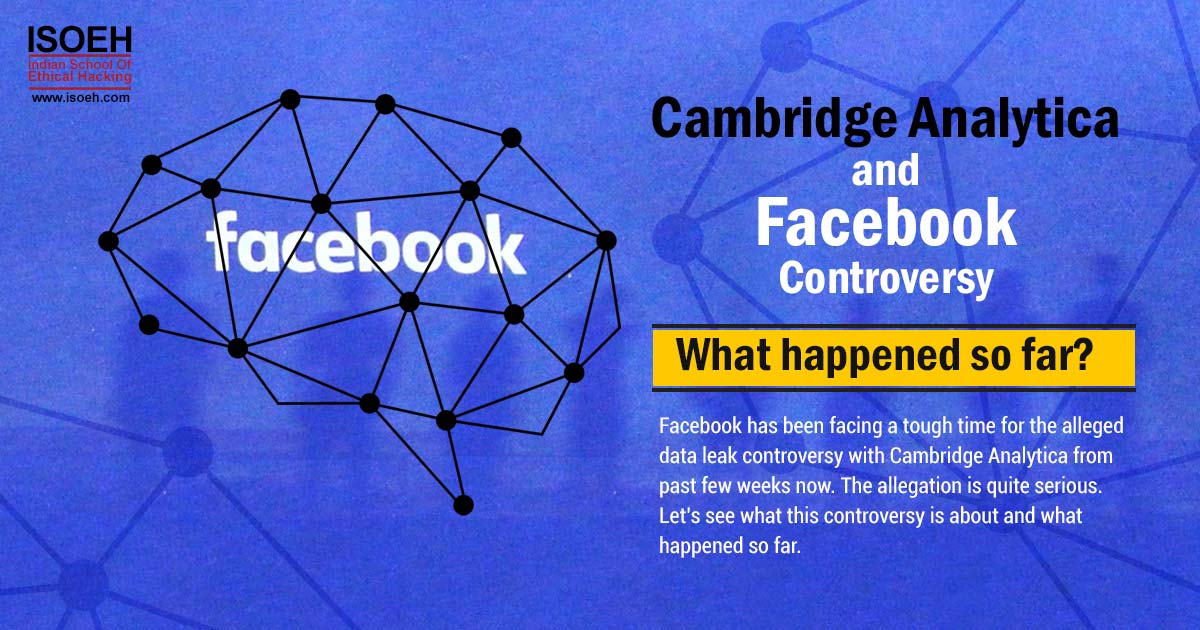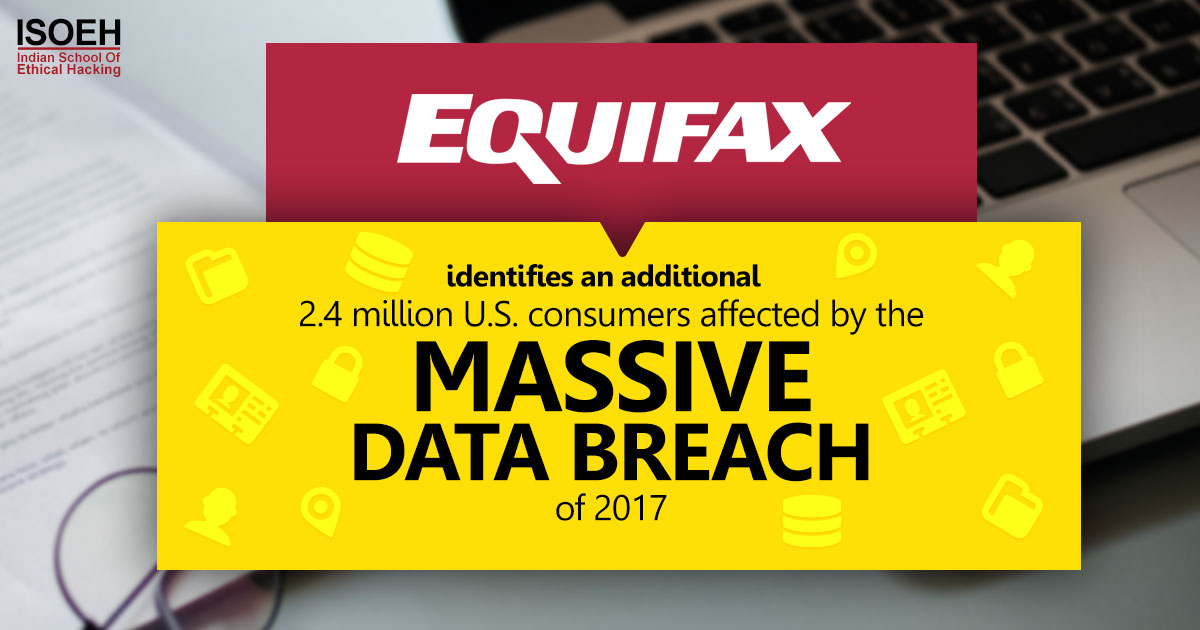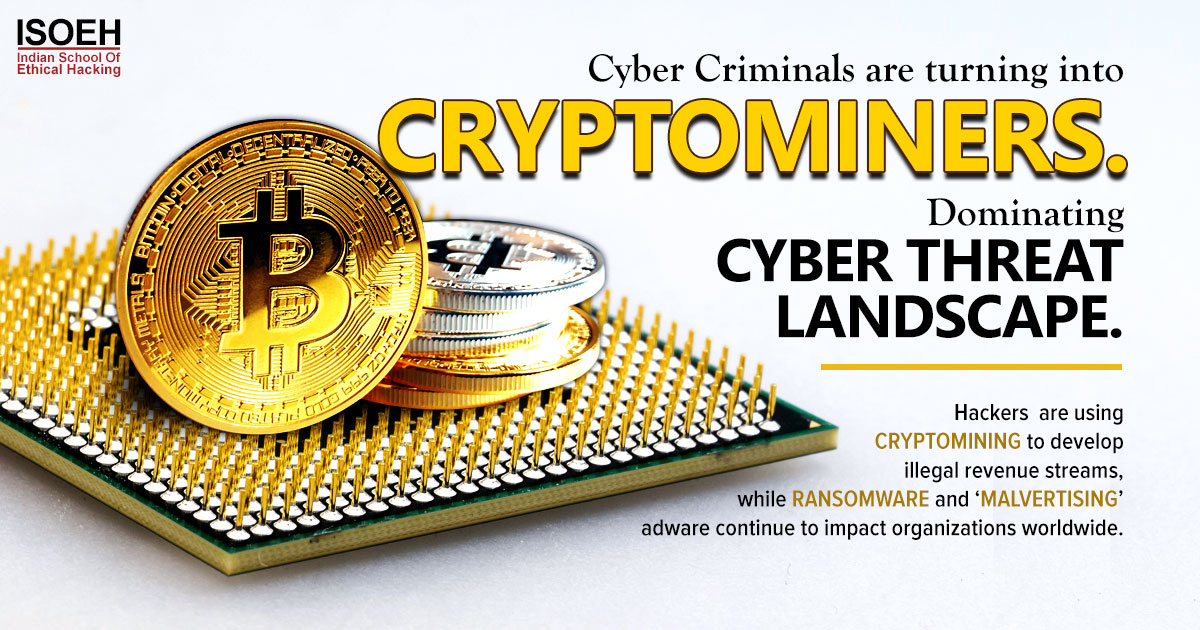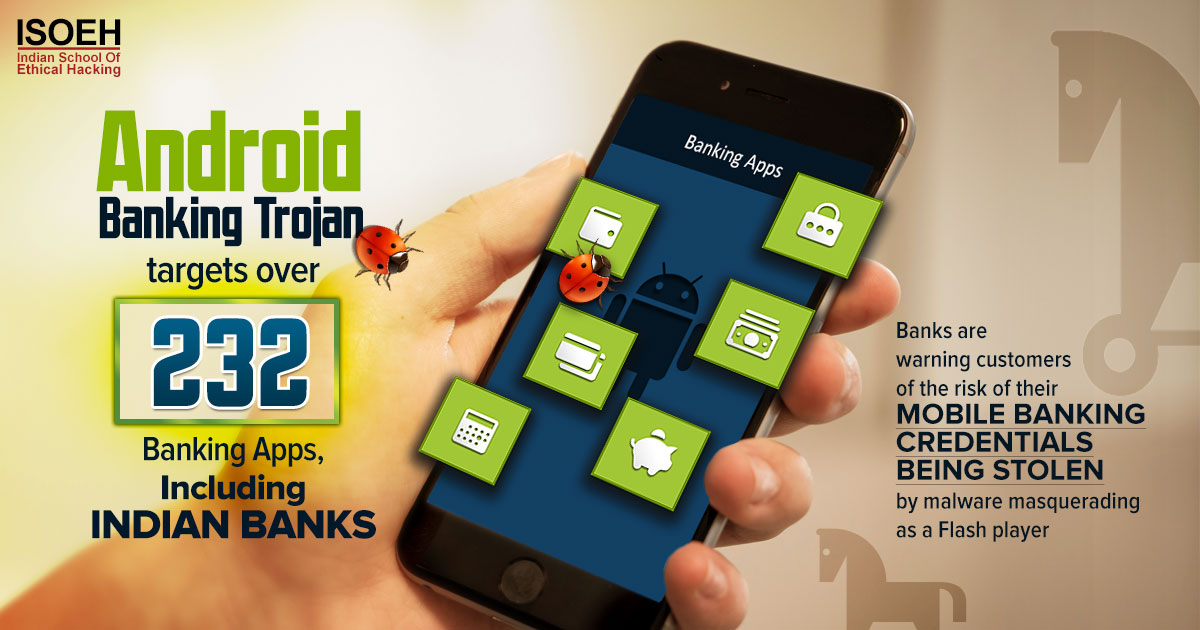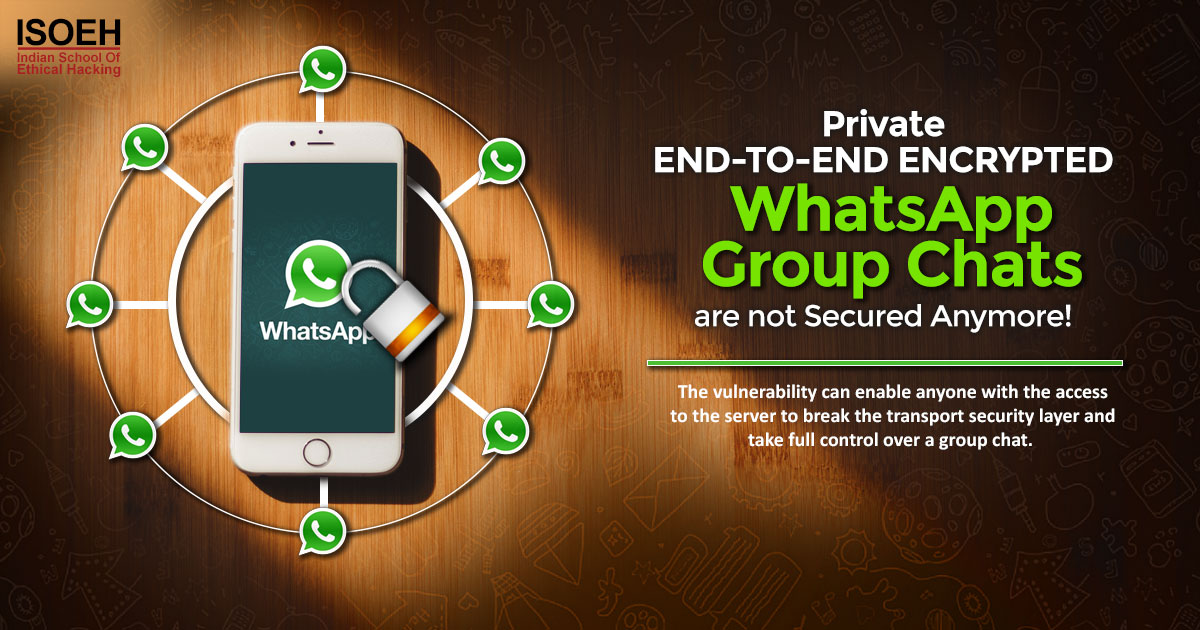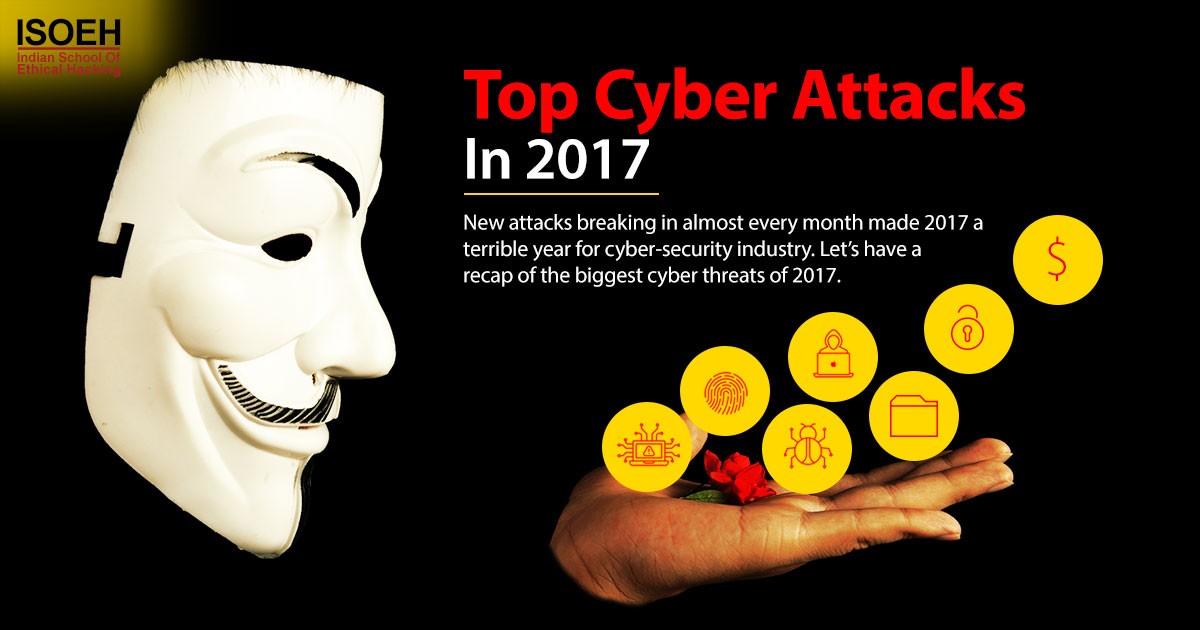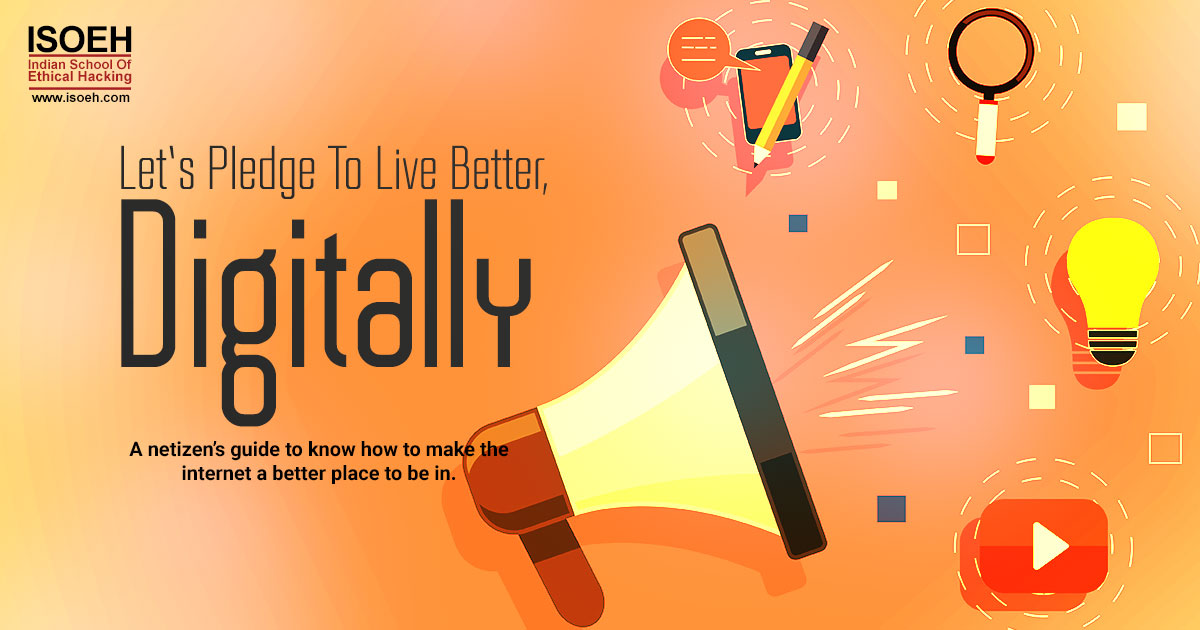
A netizen's guide to know how to make the internet a better place to be in.
How do we deny that the internet spares none?
It is a global village where all of us, irrespective of our age, nationality, sex, society or status are in and out of the world wide web.
The ubiquitous attention which can also be dubbed as addiction is as important to us as, well, oxygen is.
The outstanding contribution of the net world notwithstanding, it nonetheless important to know the correct use of it in order avoid digital disasters across all ages.
That's all the more important in today's time when the internet is used to spread hatred and communal confusion leading to many a catastrophe in the real world.
On the occasion of safer internet day, which is celebrated in the month of February every year, let us ponder on some steps that we can take to make the most of the internet, positively.
Up the kindness quotient
The internet including the social media is place for human harmony. It is not for posting personal bias, selfish ideas, harsh words and non-thinking attitude indiscriminately. Hence it is important for all of us to be kind, courteous and empathetic towards each other. Let us share our minds, values and virtues online across the globe instead of being hateful, hindering and irresponsibly outspoken towards each other.
Be opinionated with responsibility
We are all entitled to our own minds. A fact that must be remembered while acting and reacting online with other netizens across the globe. While dealing with an unending variety of human species we must always keep in mind our human responsibility of being rational. Do react with your own open mind but also accept that the user on the other end is also as much enrightened to his/her ideas as you are.
Maintain your digital credential
This is an age of unprecedented digital corruption. Data is not safe on the internet, specially if technology is taken for granted it can cause ultimate loss of goodwill, currency and privacy in the hands of the hackers. So too much divulging of personal information, inefficient use of easy mobile applications and an irresponsible virtual dependence on an average spoils your privacy on the internet making you vulnerable in the face of the world, both real and digital.
Hence it is important to keep your system checked with regular anti-hacking audits, differentiate between being net savvy and a victim of technology and not making your life an open book on the net for holistic safety.
Manage passwords prudently
With multiple accounts in different social media and digital operation websites, it is essential to keep each password unique and changing from time to time. That ensures safety and security of our accounts and activities, keeping us away from data breaches and other forms of hacking activities. Alternatively a password manager would suffice to create unique passwords and remembering them with you just needing to remember the master password.
ISOEH is the organization which teaches us to act online with responsibility by educating us on the latest techniques of ethical hacking.
Read more about safer use of the internet.
Hacking Tools
Explore All Hacking Tools »
UFTP is an encrypted multicast file transfer program for secure, reliable & efficient transfer of files. It also helps in data distribution over a satellite link.
Read DetailsBreaking News
Breaking News Of Each Month »
The recent pandemic was unexpected and unknown to most part of the world. It has changed our life and we are slowly adapting to our new lifestyle. The risks associated with the new lifestyle, both personal & corporate, are unknown to most of us.
Read Details



